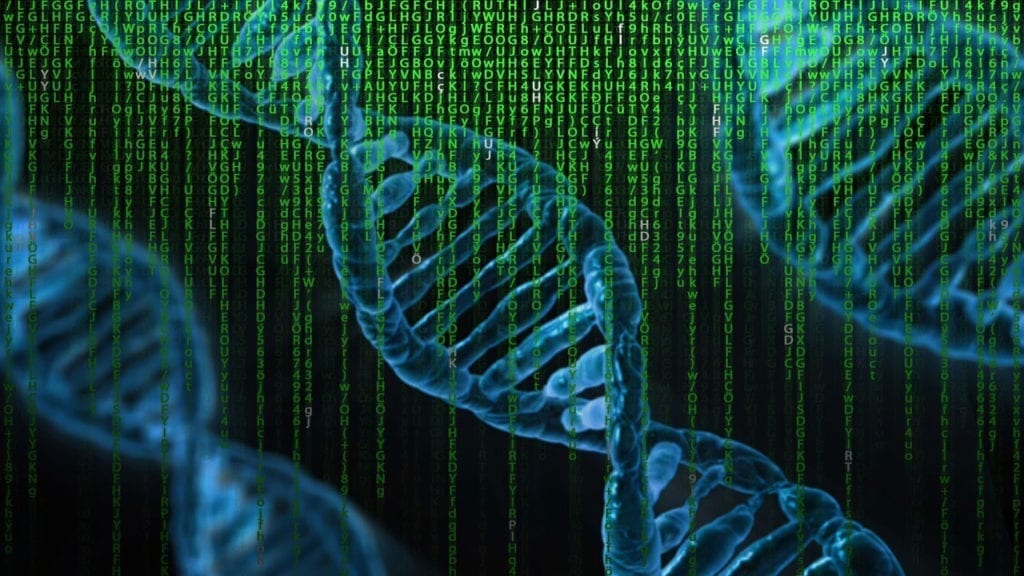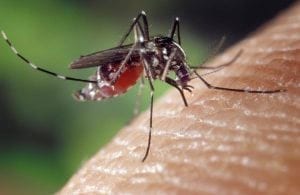According to a story from The McGill Tribune, a little girl named Mathilde Poliquin recently died at the Montreal Children’s Hospital. She was only two and half months old and had been born with some sort of neurodevelopmental disorder. Her brain had failed to develop normally and her head was undersized. At the time, the doctors were unable to diagnose her disease.
A Late Diagnosis And a New Discovery
It was only six years later that researchers identified her cause of death as a kind of leukoencephalopathy. Leukoencephalopathy is a broad term for a group of brain diseases that affect white matter. In the process of identifying this disease, the scientists also made an additional discovery. Her disease had been caused by a mutation affecting the VARS gene. This gene had never been linked to a disease before.
Finding Closure
While the late diagnosis may seem pointless at first, the families of rare patients almost always are able to grieve in a more healthy way if they are able to understand what caused the death of a loved one. Leaving the death of Mathilde a mystery can make it more difficult to find closure, and in the process an important medical discovery was made. The researchers conducted thorough genetic testing on seven child patients that were affected by neurodegenerative disorders that presented in a similar fashion.
Study Findings
The study involved whole genome and whole exome testing in order to scan for genetic abnormalities that could be the source of the disease, and the VARS gene stood out in all of them. The VARS gene provides the coding for a specific enzyme that plays a critical role in protein building. One of the proteins that it helps build includes valine, which is an amino acid that is necessary for cellular health. It is hardly surprising that a gene with these responsibilities could cause disease if mutated.
Although further research will be necessary, these findings have the potential to lead to new therapeutic targets for leukoencephalopathy. As enzyme activity is reduced in these patients, it may be possible that amino acid supplementation could be of benefit.
Gabriel, Mathilde’s father, says that learning what caused his daughter’s death helped give the family both closure and a renewed sense of hope for patients affected by leukoencephalopathy.






